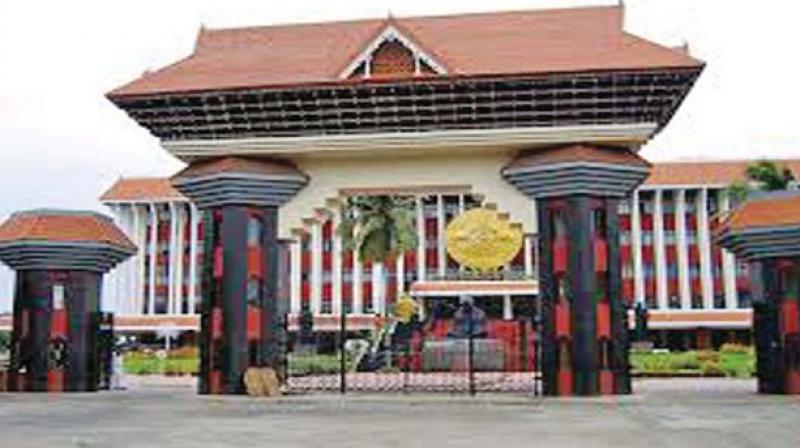Kerala Assembly passes clinical establishment bill
Under the new law, clinics will have to be registered with the district registration authorities.

THIRUVANANTHAPURAM: The state assembly on Thursday passed the Clinical Establishment Bill which empowers the government to monitor, assess and regulate health clinics, clinical establishments including laboratories in the state. The government believes the bill is important to ensure proper accreditation/certification, trained staff besides checking the exorbitant charges for various diagnostic tests.
The state council with health secretary as chairman would be quite effective in monitoring registration, accreditation and regulation of prices. Similar monitoring committees would be set up at the district levels under respective collectors. Under the new law, the clinical establishments would be classified into various categories based on their existing facilities. The bill has provision for permanent registration to those clinical institutions which have received National Accreditation Board for Hospitals (NABH) or the National Accreditation Board for Laboratories (NABL) accreditation.
Each establishment would be liable to put up the existing rates besides details of the diagnostic facilities available in Malayalam and English at a vantage point. Health Minister K.K. Shylaja informed Assembly that the rules and regulations pertaining to the bill would be framed soon. The Act is likely to be enforced in the state by June. She said the legislation would bring private medical institutions under social control besides improving the quality and facilities in the government health care institutions. Under the new law, clinics will have to be registered with the district registration authorities. However, those clinics which provide only consultation services have been granted exemption from the mandatory registration.
However, the IMA and Hospital Board of India believe that the present approach of the bill was one of licensing. Another concern is regarding a single authority for the entire state is a much more friendly way of regulation. Single empowered council at the state will be much more efficient. The government doctors' associations have rued inadequate representation of government nominees from modern medicine in these state and district level empowered committees.

